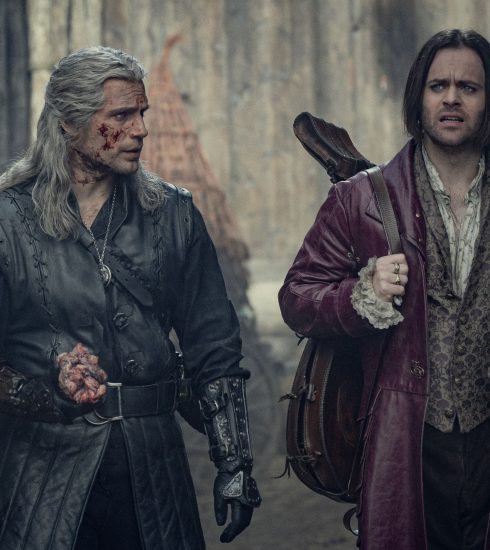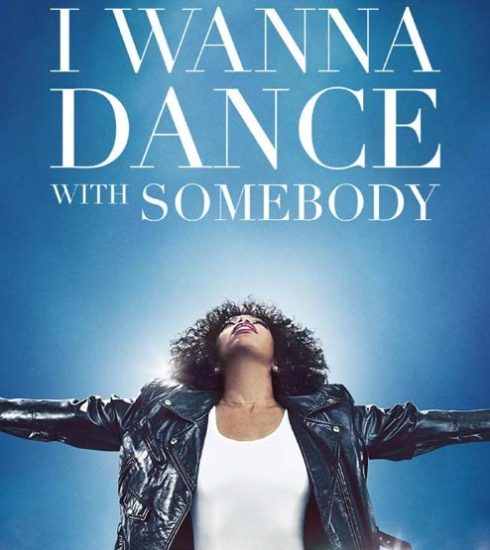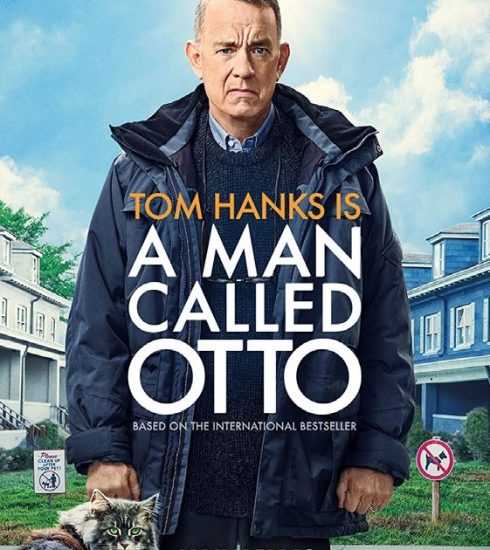Movie Review: Dr Strange In The Multiverse Of Madness
Something interesting has been happening in the MCU recently. Phase 4, as this current grouping of Marvel projects is known, has been defined by (not you, Black Widow ) creative risk-taking. They trust that their audience is well versed enough to follow the shenanigans that occur across their carefully curated, shared universe. Whether it is the first MCU Kung-fu movie (Shang-Chi), the 5 TV shows they’ve released so far on Disney + or even the first introduction of higher order beings than we’re used to (Eternals). Where they are going with this is yet to be seen, but creative risks like this are commendable nonetheless.
Doctor Strange and the Multiverse of Madness (MoM from now on), is the closest thing we will get to a horror movie in the MCU (risk taking!). Directed by Evil Dead and the 2000s Spider-Man trilogy helmsman Sam Raimi, this film is a conceptual departure from most of the established MCU. Here, Raimi gets to combine the big-budget spectacle of his Spider-Man franchise, with the pop-horror stylings that made his early career work like Darkman and Drag Me to Hell so eminently watchable. The visual style on display is unmistakably his and even the demands of Marvel’s style of shared-world filmmaking don’t dilute his style to any great degree (although some dodgy CGI in the more mundane scenes tries hard) — it’s all very kinetic and expressionistic, presenting us with gorgeous visuals as we traipse across various weird dimensions as the plot unfolds.
The plot centers around the titular character and his dealings with the multiverse, catalysed by newcomer America Chavez (Xochtil Gomez) who possesses the ability to punch star-shaped portals through different universes. Chavez is being chased through the multiverse by demons on the command of a shadowy being. Dr. Strange ropes in Wanda Maximoff for assistance and #Madness ensues.
Benedict Cumberbatch reprises his role as Dr. Strange, now an elder statesman of the MCU (with only one solo movie funny enough). After cameos in 2018’s Infinity War, 2019’s Endgame and a supporting role in 2021’s Spider-Man No Way Home, he’s really made the character his own. His Strange has a strong awareness of what he’s sacrificed to be who he is and the roads not taken, and that sadness helps differentiate him from the last Marvel main man with a massive ego and odd taste in facial hair.
Benedict Wong as, well, Wong, is great as ever. Multiple Sorcerer Supreme jokes are made and I Iaughed at quite a few of them. Newcomer Xochitl Gomez really pops as America, full of heart and teenage energy that does provide a good foil for the battle-hardened Strange. The true star of the movie however, is Elizabeth Olsen as Wanda Maximoff / Scarlet Witch who anchors the film with her haunted, sometimes harrowing turn as the grief-wracked Wanda. Really, Multiverse of Madness is a direct sequel to WandaVision (2021) rather than 2016’s Doctor Strange — indeed, a bit of business with an alternate version of Baron Mordo (Chiwetel Ejiofor) seems to imply events between Doctor Strange 1 and Doctor Strange 2 that we’re not privy to. While everything around her is kind of goofy in the best possible Marvel Manner, all spells and demons and sight gags and whatnot, Olsen is doing a quiet, measured portrait of sadness and rage, having dealt with the death of her brother, her lover, and her magically created kids in a pretty short period of time. It’s beautiful work.
If that last paragraph was somewhat impenetrable to you, that’s because Multiverse of Madness’ chief problem is that it demands a certain familiarity with the MCU as a whole — at the very least, you need to be across WandaVision and the main Avengers arc, and for full appreciation you want to be down with a lot of comics lore as well, plus Marvel’s What If…? (2021) animated series. That’s a barrier to entry — I wouldn’t say you can’t go in cold and have a good time, but there’s a chance a novice will get lost in the details. Whether these franchisebuilding choices drive viewers away from the MCU or invite them to delve deeper into the world is up for debate — box office success suggests the latter.
I must say that the Raimi elements landed better for me than the MCU elements, by and large. Smartly, the film packs the bulk of its Easter eggs and cameos into one sequence, which comes across as both a fun bit of business (there are characters here that’ll make fans cheer) and a wee bit cynical. We’re faring better when the film is more freewheeling and chaotic, allowing Raimi and his actors to indulge themselves in high weirdness and spooky business. A third-act narrative choice — which I won’t spoil as much as I’d like to — allows Raimi to really pull out the stops on the macabre and demonstrates how broad a church the MCU can be. It’s easy enough to slam Marvel for being a production line rather than a production house, but like a true auteur, Raimi demonstrates that you can still put your voice into a studio product if you have the chops, and by God, he does.
Boluwatife Adesina is a media writer and the helmer of the Downtown Review page. He’s probably in a cinema near you.






